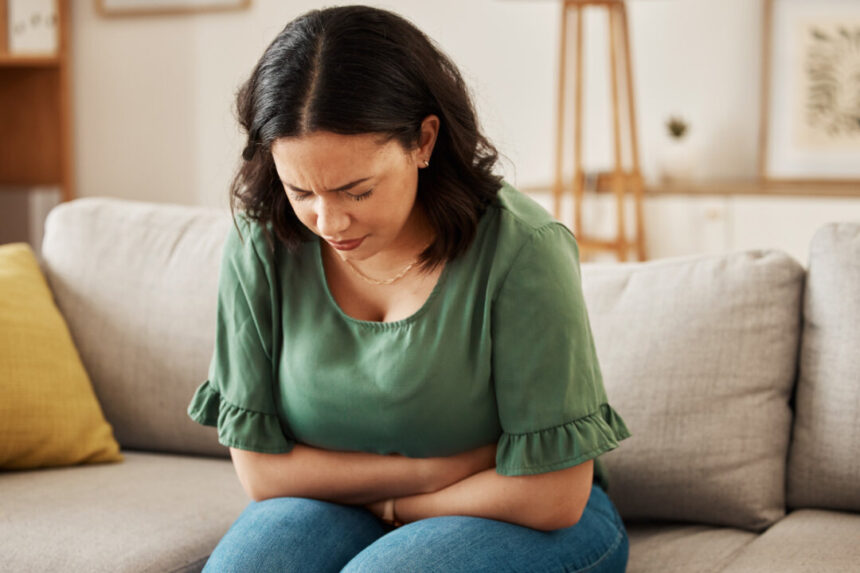A recent study published in the Journal of the American Medical Association (JAMA) found that individuals with moderate to severe endometriosis are at a significantly increased risk of Type 1 ovarian cancer. The researchers discovered that endometriosis may raise the risk of developing ovarian cancer by more than fourfold. Specifically, patients with ovarian endometriomas and deep-infiltrating endometriosis, indicating moderate to severe endometriosis, have a more than 19-fold risk of developing Type 1 ovarian cancer. This type of cancer is slower-growing but can still pose risks. While the study highlights this association, it is important to note that the absolute risk remains relatively low, with only 10 to 20 additional cancer cases per 10,000 women with endometriosis. Despite these findings, the study authors advise that clinical practices and policies should not change based on these results. It is essential for individuals with endometriosis to be aware of the warning signs of ovarian cancer and consult their physicians if needed. Additionally, lifestyle changes such as consuming cruciferous vegetables, regular exercise, and maintaining a healthy weight may help manage symptoms of endometriosis.
Fat cells are known to contain estrogen precursors, leading to higher estrogen levels in overweight or obese women.
According to Ms. Schliep, factors like pregnancy, breastfeeding, and diet can lower the risk of endometriosis.
Dr. Rollins suggests avoiding hormone-disrupting chemicals found in pesticides, skincare products, and fragrances, as they may activate estrogenic activity.
He also emphasizes the presence of foreign chemical estrogens in our environment, which can be more aggressive than natural estrogens. Not all estrogens are the same, with some being friendly, neutral, or highly aggressive.





